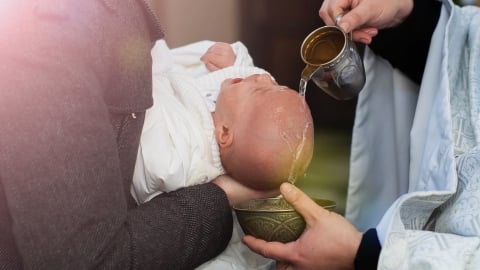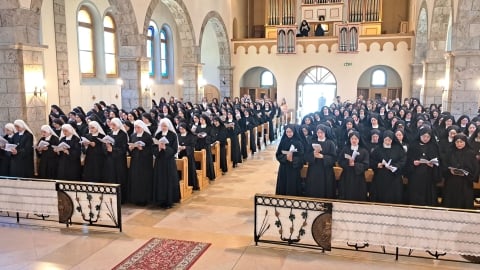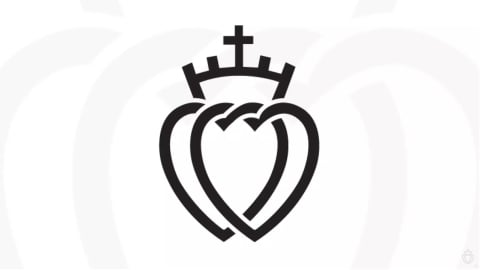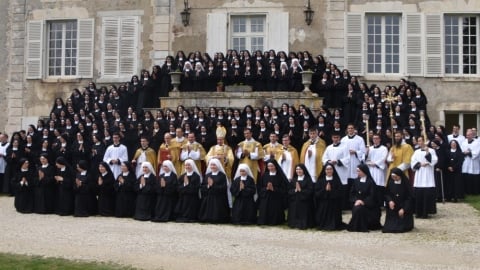Get the book: The Mass of All Time

A few excerpts from the book written by Archbishop Marcel Lefebvre on the Holy Sacrifice of the Mass.
Angelus Press blog has published some excerpts from the great work of Archbishop Lefebvre, The Mass of All Time, an apt description for the traditional Roman liturgy, whose doctrinal teaching has remained constant throughout the ages.
This book explains the importance of the Holy Sacrifice of the Mass in the lives of Catholics—particularly of the celebrant, or priests—while demonstrating the flaws in the ecumenical novelty of the Novus Ordo Missae. We feature here a few of the blog's excerpts from The Mass of All Time, as well as offer three chapters in the suggested links below concerning some defects of the New Mass.
Get the book: The Mass of All Time>
Selected excerpts from The Mass of All Time
Everything that touches the sacrifice of the Mass touches each and every one of us profoundly and personally because Our Lord’s sacrifice is at the heart of the Church, our salvation, and our souls.
We must participate in this sacrifice for the salvation of our souls. To save our souls, we must receive the Blood of Jesus by Baptism and all the Sacraments, especially the Sacrament of the Eucharist. Nothing prepares us to receive the Sacrament of the Eucharist so well as meditating upon the holy sacrifice of the Mass, because the sacrifice of the Mass is a source of suggestions, encouragements, and thoughts that create in us dispositions of charity towards God and our neighbor. Our Lord’s sacrifice was indeed the greatest act of charity ever performed in the history of the human race. “Greater love than this no man hath, that a man lay down his life for his friends” (Jn. 15:13).
(...)
What is the Mass? What does it represent? The Mass is a living catechism. What the catechism teaches us—the Creed, the Commandments of God, the Sacraments, the Christian virtues, the Our Father—all that is admirably accomplished point by point during each Mass.
(...)
The sacrifice of the Mass is an entire program. It is a jewel. The Mass has three parts: instruction; the Consecration, in which Our Lord comes upon the altar; and, finally, the Communion. The priest finds there all that he must do. These three parts express the priest’s ministry in its three powers: the potestas docendi—the power to teach; the potestas sanctificandi—the power to sanctify; and the potestas regendi—the power to govern the faithful.
(...)
For the faithful, the different parts of the Mass correspond to faith, hope, and charity: faith in the teaching, hope in the cross. Transubstantiation signifies the cross of Jesus, which is our hope. “O Crux, ave, spes unica—Hail, O Cross, our only hope.” The Communion, which is union in love with Our Lord, is charity. Our Lord could not give us a greater proof of His love than to give Himself to us as food for our souls.





